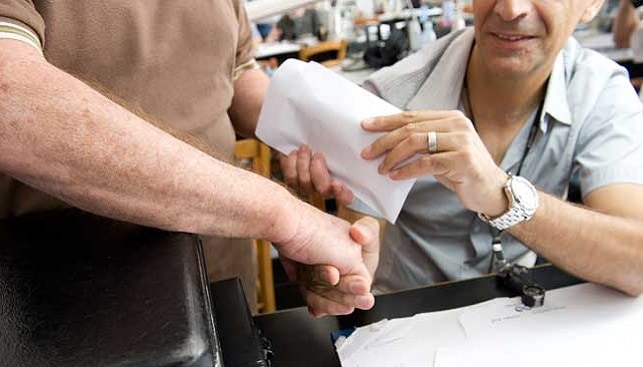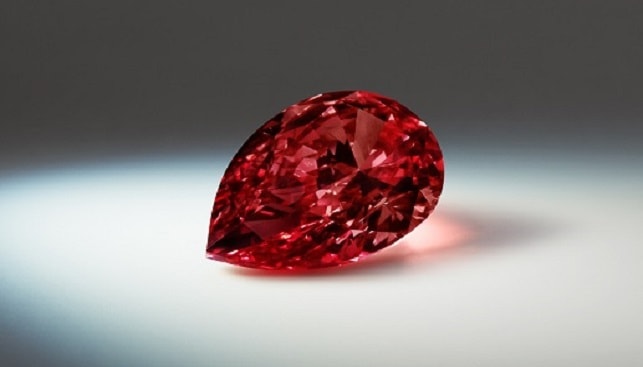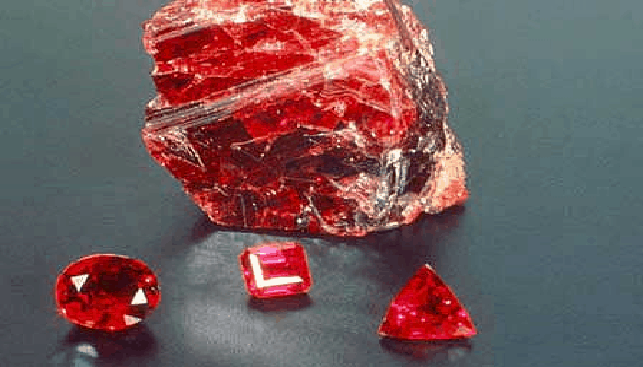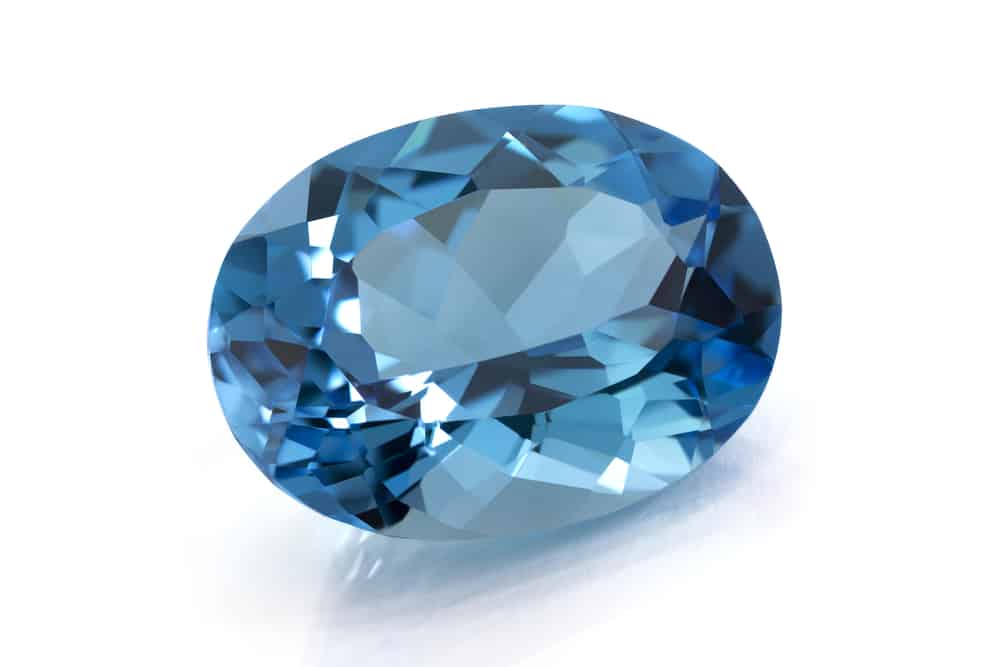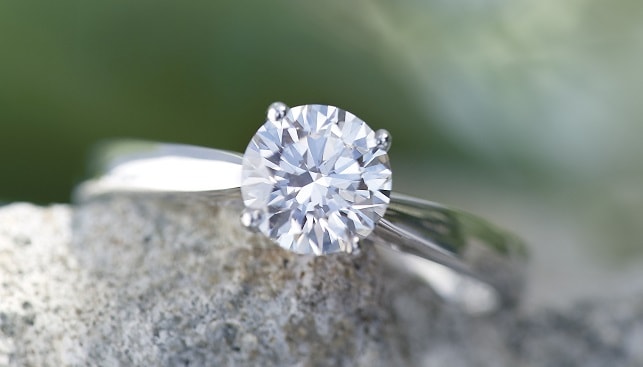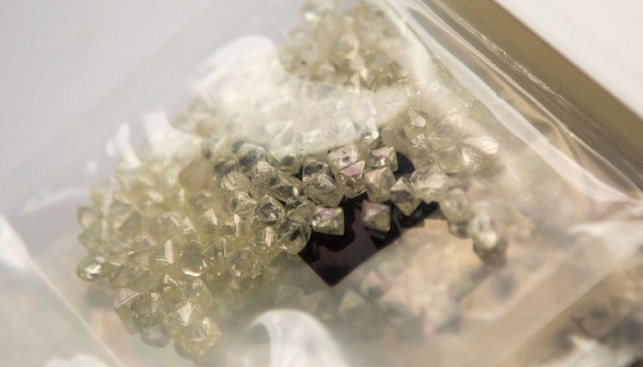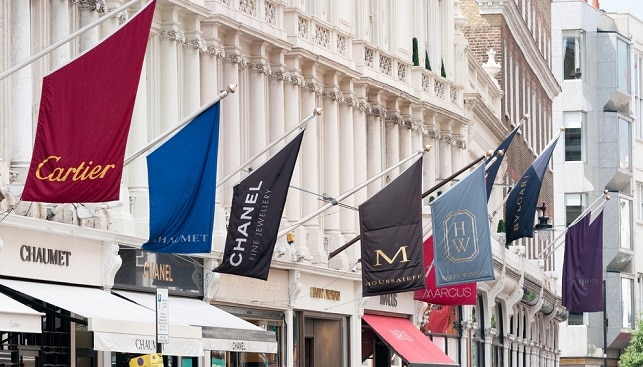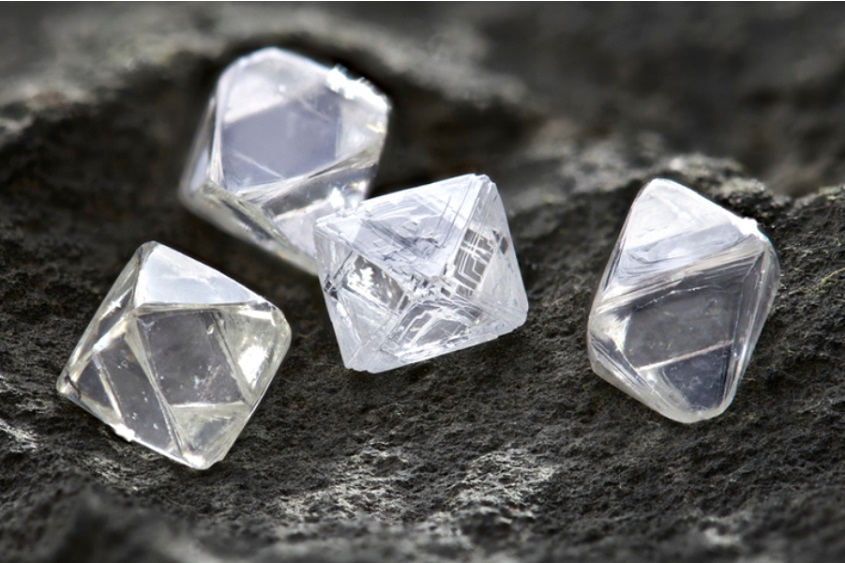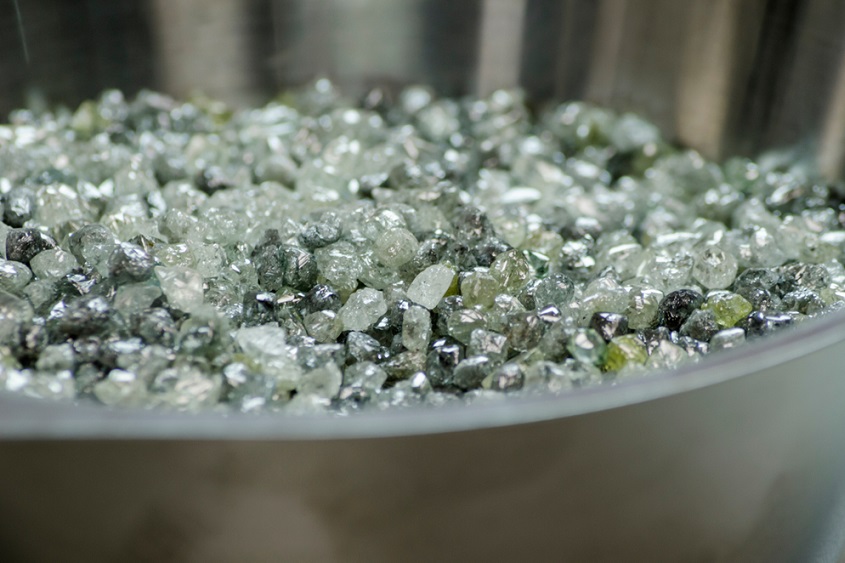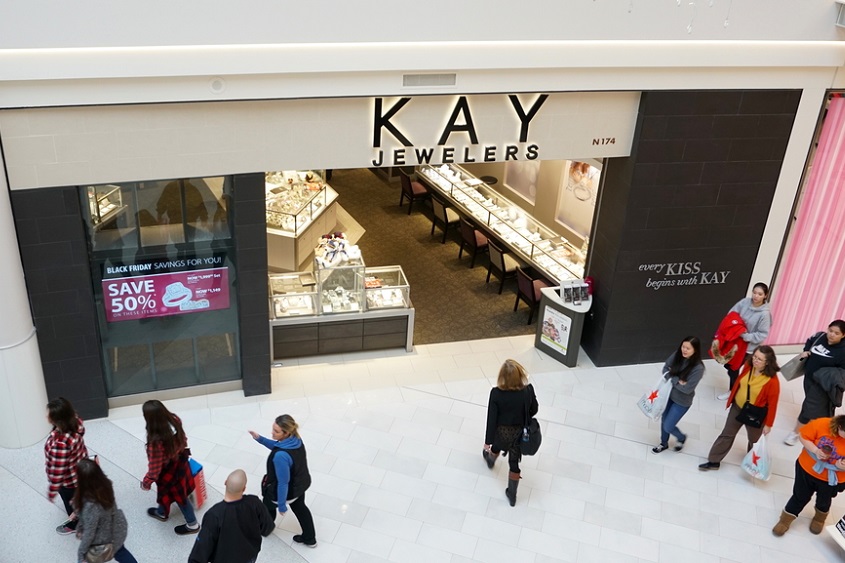Mazal and Bracha: Understanding Mazal Meaning and its Connection to Buying Diamonds
“Mazal and Bracha” is the traditional phrase the diamond industry uses when closing a deal. The expression is accompanied by a handshake and is articulated (in Hebrew) by diamond merchants worldwide. Daily, countless diamond transactions are sealed worldwide with these words, which signal the universally accepted completion of negotiations, whether the deal occurs in Japan, New Zealand, or the United States.
Is it “Mazal” or “Mazel”?
In Hebrew, “Mazal” and “Mazel” sound similar but have distinct meanings. The Hebrew term “Mazel” originates from Yiddish and signifies “luck” or “good fortune”. In traditional Jewish belief, Mazel is associated with the idea that success or good fortune is a product of chance or luck, implying that specific individuals are luckier and that some life events occur randomly. Conversely, “Mazal” derives from the Hebrew word “Mazalot,” which means “constellations” or “destiny.” The concept of Mazal suggests that God has a predetermined plan for each
person, attributing certain life events to the divine will.

What does “Mazal” mean in English?
In English, “Mazel” predominantly translates to luck or fortune. It has been borrowed from Hebrew into various European languages, including “Massel” in German, for instance.
What does Jewish “Mazel Tov” signify, and how is it expressed in English?
“Mazel Tov” is a widely used phrase in the Jewish community to convey congratulations for a joyful and significant occasion or event. Originating from Yiddish, “Mazel tov” became American English in 1862. While it directly translates to “good luck,” it is commonly used in English as a heartfelt way to say “congratulations.”
How to pronounce “Mazel Tov” or “Mazal Tov”?
The pronunciation of “Mazal Tov” or “Mazel Tov” is often a point of inquiry. Generally, both pronunciations are deemed acceptable. “Mazal Tov” is regarded as Hebrew, while “Mazel Tov” is associated with Yiddish. Presently, there is little distinction between the two options. In English-speaking environments, “Mazel Tov” is more commonly used, while Israelis typically opt for “Mazal Tov,” aligning with modern Israeli Hebrew pronunciation.
What is a “Bracha”?
“Bracha” means blessing in Hebrew and recognizes the good given by God. According to the Talmud, the world belongs to God, and by saying a Bracha, we express gratitude for His sustenance and blessings. It’s also believed to open a channel of blessings from the heavens, bringing more goodness into our lives. A Bracha essentially encompasses acknowledging God’s kindness and welcoming blessings into our lives.
The Origins and Significance of “Mazal and Bracha”
Some attribute the origin of “Mazal and Bracha” to the Maimon family, particularly Rabbi Moses Ben Maimon (Maimonides) and his brother, David Ben Maimon, who dealt in precious stones. It’s believed that “Mazal” refers to fortune, while “Bracha” symbolizes blessings, with the phrase emerging among the Jews of Amsterdam after their expulsion from Spain in 1492.
Others suggest the phrase’s roots lie in the Ugarit language, an ancient Semitic language influencing Hebrew, with “Mazal” initially referring to celestial bodies. However, its use alongside “Bracha” in the diamond trade context suggests the phrase’s evolution to symbolize both fortune and blessings intertwined.
The Story Behind “Mazal and Bracha” and How the Maimon Family Is Related
Many believe that the origin of “Mazal and Bracha” can be traced back to the Maimon family, whose most renowned member was the esteemed Jewish scholar Maimonides (Rabbi Moses Ben Maimon). According to this theory, the term “Mazal” (meaning fortune) is attributed to Maimonides’ brother, David Ben Maimon, who was involved in the precious stones trade. At the same time, “Bracha” (signifying blessing) represents Maimonides himself, whose character was perceived as embodying abundant blessings. It is widely held that the Jewish community of Amsterdam, which burgeoned into a significant diamond trading hub after the expulsion of Jews from Spain in 1492, was among the earliest to utilize this phrase.
Others posit that the genesis of this salutation lies within the Ugarit language. In this ancient Semitic language, the term “Mazal” pertained to celestial bodies such as stars, which ancient societies believed held sway over human destinies.
Mazal meaning in Hebrew
“Mazal” does not inherently connote positivity or negativity when used in Hebrew. Consequently, in Hebrew tradition, it is customary to augment it with adjectives such as “Mazal Tov” (indicating good fortune) or “Mazal Bish” (indicating misfortune).
Similarly, the term “Mazal” is rarely utilized independently in the diamond industry. Hence, the term “Bracha” (blessing) is added to ensure the transaction is imbued with good fortune. Thus, the customary salutation “Mazal and Bracha” was established.

